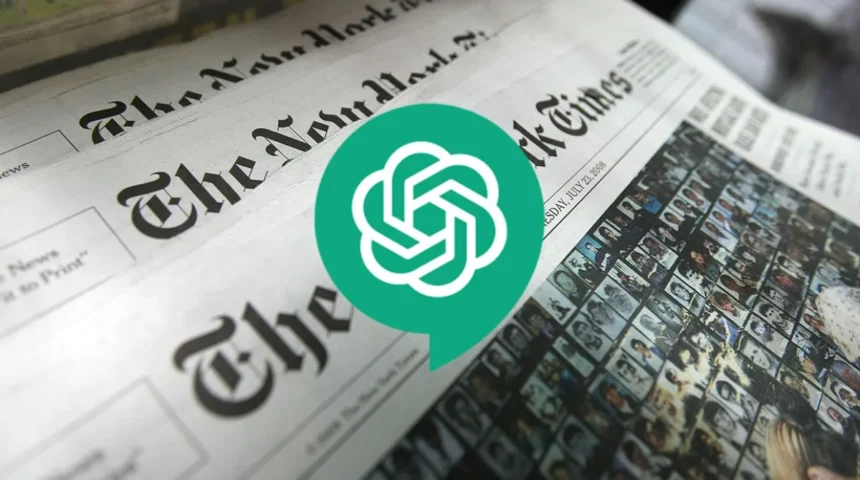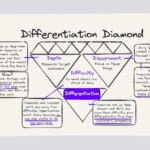- OpenAI rejected the New York Times’ copyright lawsuit over AI training data.
- The Times contends OpenAI concedes using its content and fails to meet fair use standards.
- The public dispute encapsulates emerging clashes as AI systems ingest text volumes.
OpenAI rebuffed a recent New York Times lawsuit alleging its AI products infringe on Times content, calling the claims “without merit” in a blog post while invoking fair use protections.
Unauthorized use of content
Filed in Manhattan court two weeks ago, the Times lawsuit asserts OpenAI scraped New York Times articles without permission to train models like ChatGPT.
OpenAI countered by accusing the Times of cherry-picking isolated ChatGPT examples rather than acknowledging its transformative content applications.
.jpg)
Failed to meet fair use standards?
OpenAI further suggested the Times mischaracterized its activities as simply free-riding on journalism investments to build “substitutive products without payment.”
A Times statement doubled that OpenAI’s AI systems concede to utilizing Times’ work, arguing the usage fails to meet fair use standards. The bold public exchange encapsulates emerging clashes between media and AI firms as natural language systems ingest vast volumes of text.

A new precedent to be set
While AI promises new applications benefiting society, solutions balancing fair commercial interests and legal principles around data remain elusive.
The outcome in court may set key precedents around monetizing generative models amid murky intellectual property considerations.









